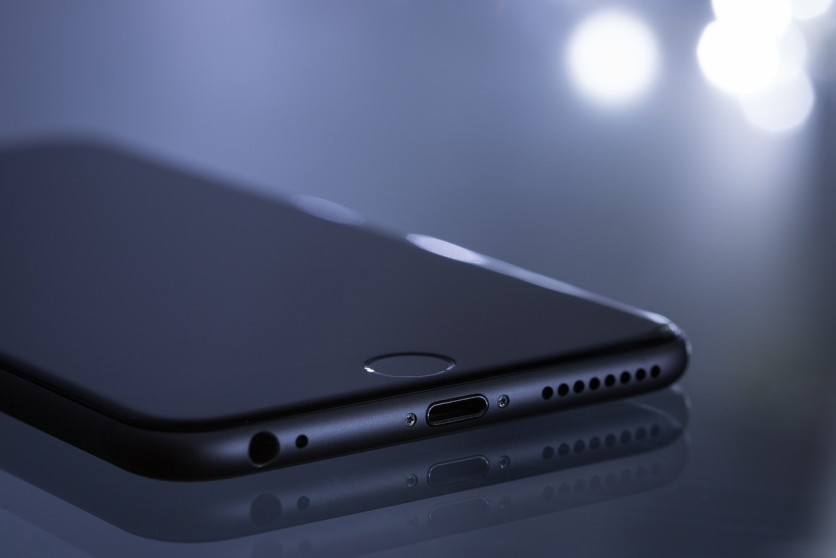Just like malware, spyware can easily invade your precious iPhone. Even with the most advanced mobile security, Apple still struggles to remove the unwelcomed guests in its handsets.
With the recent surge of mercenary spyware in 92 countries, the Cupertino company issued an alert to iPhone users to be vigilant against the attacks.
With so much spyware that already affected millions of iPhones globally, is there hope to be completely spyware-free one day?
Understanding the Threat: LightSpy and Its Capabilities

The notifications sent out by Apple were stark, informing users of ongoing attempts to compromise their devices via spyware. The scale of this issue became apparent as users from India to Europe received these warnings, prompting widespread concern across social media platforms.
Further research by Blackberry linked these attacks to a Chinese spyware campaign known as "LightSpy," which initially targeted Hong Kong protesters in 2020. The current version of LightSpy represents a significant evolution, offering capabilities such as detailed location tracking and sound recording, particularly during VoIP calls.
The Notorious Pegasus Spyware
One of the most infamous tools in the spyware arsenal is Pegasus, developed by the Israeli firm NSO Group.
Despite assurances from NSO Group that its products are intended for legitimate governmental use to combat crime and terrorism, Pegasus has been used against a wide range of targets including journalists, activists, and political figures worldwide. The consequences of such spyware attacks are profound, leading to breaches of personal security and significant human rights violations.
The Mechanics of Spyware Attacks: Zero-Click Vulnerabilities
Traditionally, spyware required user interaction, such as clicking a phishing link. However, modern threats utilize "zero-click attacks," where no user interaction is needed. These attacks exploit vulnerabilities in popular communication apps like iMessage and WhatsApp, implanting malicious code without the user's knowledge. Notably, a zero-click exploit described by Google's Project Zero in 2021 was used against a Saudi activist, illustrating the severe risks these vulnerabilities pose.
As per Malwarebytes' senior privacy advocate David Ruiz, the "obsessive and oppressive" masterminds behind the spyware should be blamed for adding a danger to society.
Defensive Strategies Against Spyware
The insidious nature of zero-click spyware means that traditional defense strategies may be inadequate. Experts like Aaron Engel from ExpressVPN advise that those targeted by such attacks should consider abandoning compromised devices entirely.
Meanwhile, detection remains challenging; however, symptoms like rapid battery drain, unexpected device behavior, or high data usage may suggest an infection. Advanced measures such as regularly restarting your device can disrupt ongoing spyware activities, potentially aiding in its detection.
Recommendations for Device Security
To safeguard against spyware, users should follow these steps.
- Regularly update their devices to patch known vulnerabilities.
- Use multifactor authentication to enhance security.
- Install applications only from verified sources to avoid malicious software.
- Consider disabling features like iMessage and FaceTime if you are at risk of targeted attacks.
For victims of spyware, resources such as Access Now's Digital Security Helpline and Amnesty International's Security Lab can provide crucial support, according to WIRED.
Apple's Lockdown Mode can also shield your iPhone by disabling certain functionalities, thus mitigating the risk of spyware infections.

ⓒ 2025 TECHTIMES.com All rights reserved. Do not reproduce without permission.




